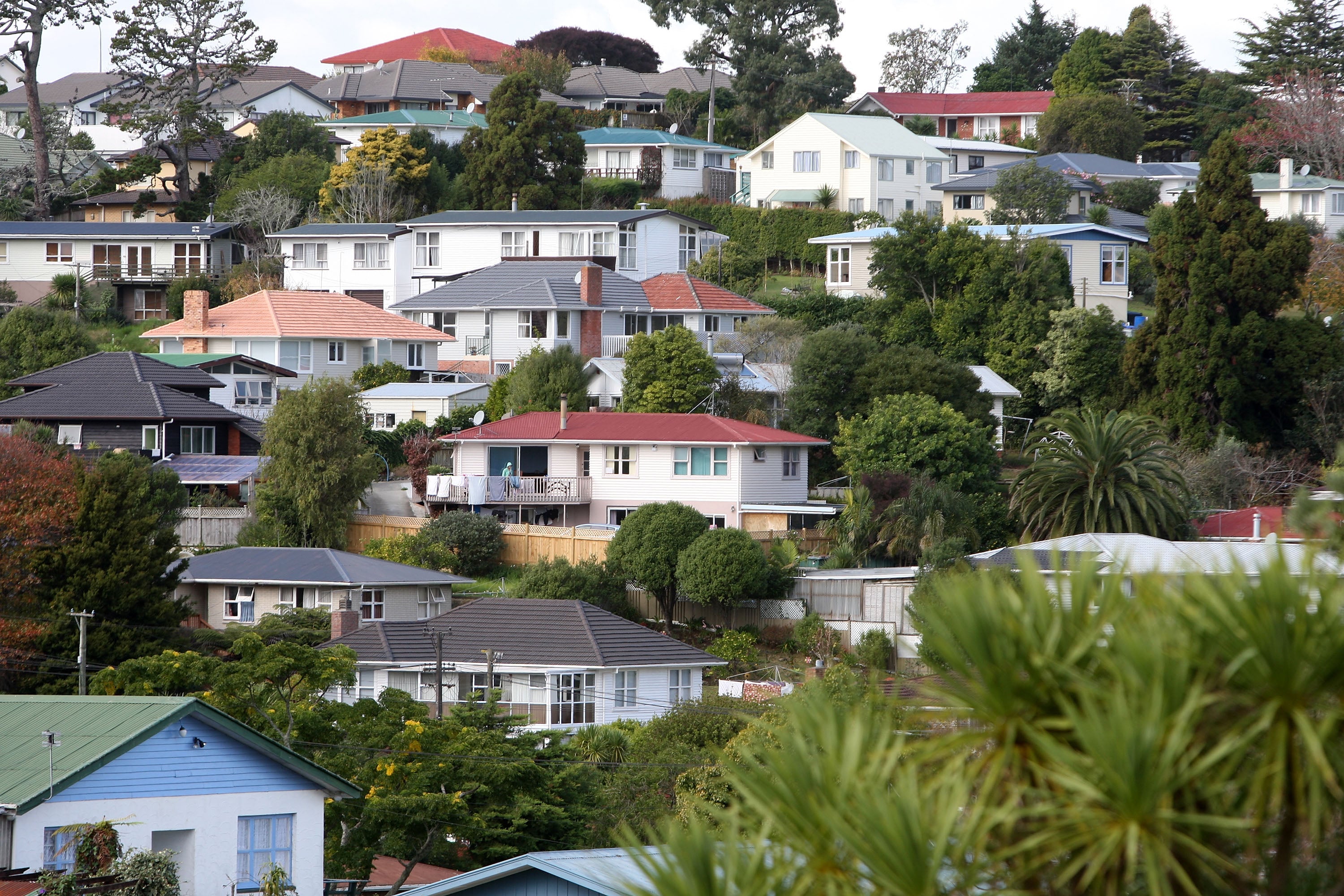New Zealand housing crisis leads to human rights inquiry
“The housing crisis in Aotearoa is also a human rights crisis encompassing homeownership, market renting, state housing and homelessness”

Your support helps us to tell the story
From reproductive rights to climate change to Big Tech, The Independent is on the ground when the story is developing. Whether it's investigating the financials of Elon Musk's pro-Trump PAC or producing our latest documentary, 'The A Word', which shines a light on the American women fighting for reproductive rights, we know how important it is to parse out the facts from the messaging.
At such a critical moment in US history, we need reporters on the ground. Your donation allows us to keep sending journalists to speak to both sides of the story.
The Independent is trusted by Americans across the entire political spectrum. And unlike many other quality news outlets, we choose not to lock Americans out of our reporting and analysis with paywalls. We believe quality journalism should be available to everyone, paid for by those who can afford it.
Your support makes all the difference.New Zealand’s housing crisis is having a “punishing impact” on marginalised communities and leaving many people homeless, the human rights commission said on Monday as it launched an inquiry into the country’s red-hot property market.
A raft of cooling measures enforced by Prime Minister Jacinda Ardern earlier this year has had no impact on runaway house prices in New Zealand, as investors cashed in on historically low interest rates and cheap access to capital under the government’s pandemic-inspired stimulus spending.
Property prices in New Zealand have soared by the most among OECD nations, rising about 30 per cent in just the past 12 months.
“The housing crisis in Aotearoa is also a human rights crisis encompassing homeownership, market renting, state housing and homelessness,” New Zealand’s Chief Human Rights Commissioner Paul Hunt said in a statement using the country’s indigenous Maori name.
“It is having a punishing impact especially on the most marginalised in our communities,” he said.
New Zealand’s pandemic-inspired policies have translated into cheaper mortgages, allowing affluent “kiwis” to upsize their homes and build up portfolios of rental investment properties, fuelling a further surge in house prices.
The nearly 30 per cent year-on-year increase, on top of a 90 per cent rise in the preceding decade, has locked out first home buyers and low income earners.
“The right to a decent home, although binding on New Zealand in international law, is almost invisible and unknown in Aotearoa,” he said.
The median house price in the biggest city Auckland has increased by 25 per cent to NZ$1,150,000 (£575,808) in June this year from NZ$920,000 (£461,141) last year.
The United Nations Special Rapporteur on adequate housing, Leilani Farha, said in her report in June that consecutive governments have failed to ensure that the housing market meets the needs of the people.
Soaring prices and rents have forced families into emergency housing like motels, with about 23,000 individuals and families waiting for public housing.
Under pressure Ms Ardern launched a raft of measures this year to tax investors and discourage speculators, but these have had only a marginal impact.
The rising inequality inflamed by the housing crisis is arguably the biggest political challenge facing Ms Ardern’s centre-left Labour-led government. The 41-year-old’s popularity soared with her response to the pandemic that kept nationwide cases to barely 2,500 and led to an emphatic election win last year.
But her support has been slipping with the latest Newshub-Reid Research Poll on Sunday showing Labour’s support fell to 43 per cent, down almost 10 points since the last poll in May, while the main opposition National Party’s support inched up to almost 29 per cent.
Ms Ardern defended her government’s record on housing saying it was pulling every lever to ensure everyone gets a warm, dry home.
“When I look at the record of what we’ve done, 8,000 houses to date, 18,000 on the cards. We are scaling up as quickly as we can,” Ms Ardern told state broadcaster TVNZ in a interview after the inquiry was announced.
Reuters
Join our commenting forum
Join thought-provoking conversations, follow other Independent readers and see their replies
0Comments